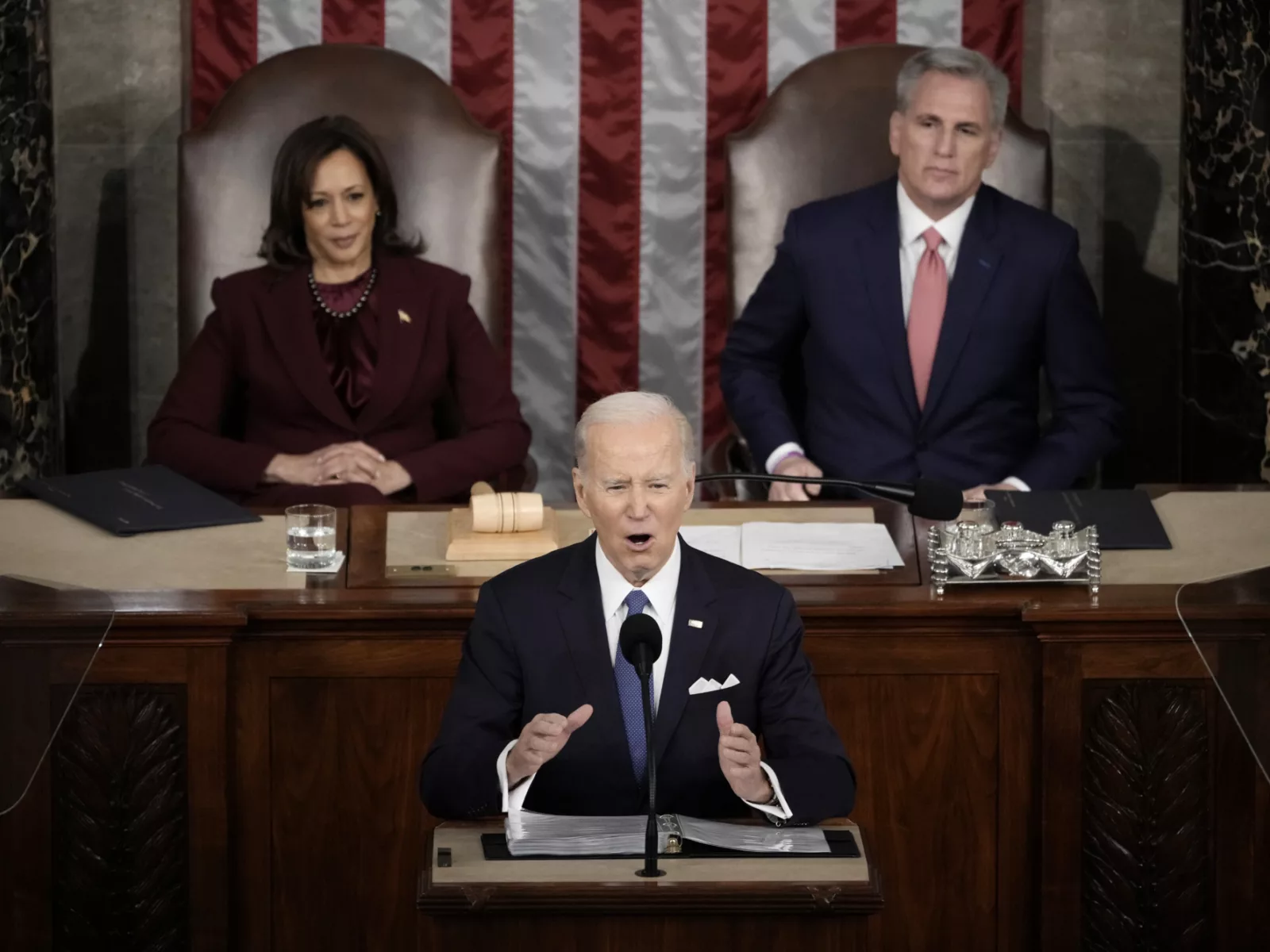A rash of mergers and acquisitions has created more consolidated and expensive health care, but states can — and should — strengthen their oversight over such transactions, according to a new report from researchers with the Source on Healthcare Price & Competition, a project of the University of California Hastings College of Law.
Rapid health care consolidation has been identified as a key culprit of rising health care costs. The evidence shows that consolidation increases the prices paid for health care but does not result in higher quality care for patients. For example, in the aftermath of horizontal mergers — in which hospitals acquire each other, for example — hospital prices rise between 20 and 44 percent, while vertical integration — in which hospitals buy up doctors’ practices — has resulted in price increases for both the hospital and the acquired physician group with little to no improvement in quality. Even cross-market hospital mergers have been shown to increase health care prices by 7 to 10 percent.
With the onset of the COVID-19 pandemic, the need for greater oversight and enforcement of anticompetitive provider consolidation is even more important. The financial stress experienced by some providers — particularly smaller independent physicians and hospitals — could accelerate health care consolidation and make it even tougher to constrain costs going forward. States can play a role in ensuring larger, well-off health systems don’t take advantage of the crisis to further increase their market power.
Currently, most federal and state antitrust oversight over health care consolidation is limited by the scope and size of the mergers, as well as the entities involved. Hospitals and large provider groups are increasingly acquiring individual or small physician groups in a practice known as stealth consolidation. These individual transactions are often too small to raise anti-competitive concerns, but they allow some consolidation to go unchecked — particularly transactions resulting from private equity or other for-profit expansion into the health care market.
With the United States experiencing record unemployment — and more Americans fretting about how to pay for their health care — curtailing anticompetitive consolidation may be one way to slow health care cost growth and help prevent this problem from becoming worse post-pandemic. State policymakers can lead on this effort by strengthening their regulators’ toolkits and giving them greater authority to evaluate and act on transactions that would further reduce the competitiveness of health care markets and increase spending.
In this new report, researchers outline five policy recommendations to strengthen state antitrust oversight, using lessons learned from the experiences of five leading states — California, Connecticut, Massachusetts, Rhode Island and Pennsylvania.
For the full set of recommendations and lessons learned from the 5 states, read the full report.



















